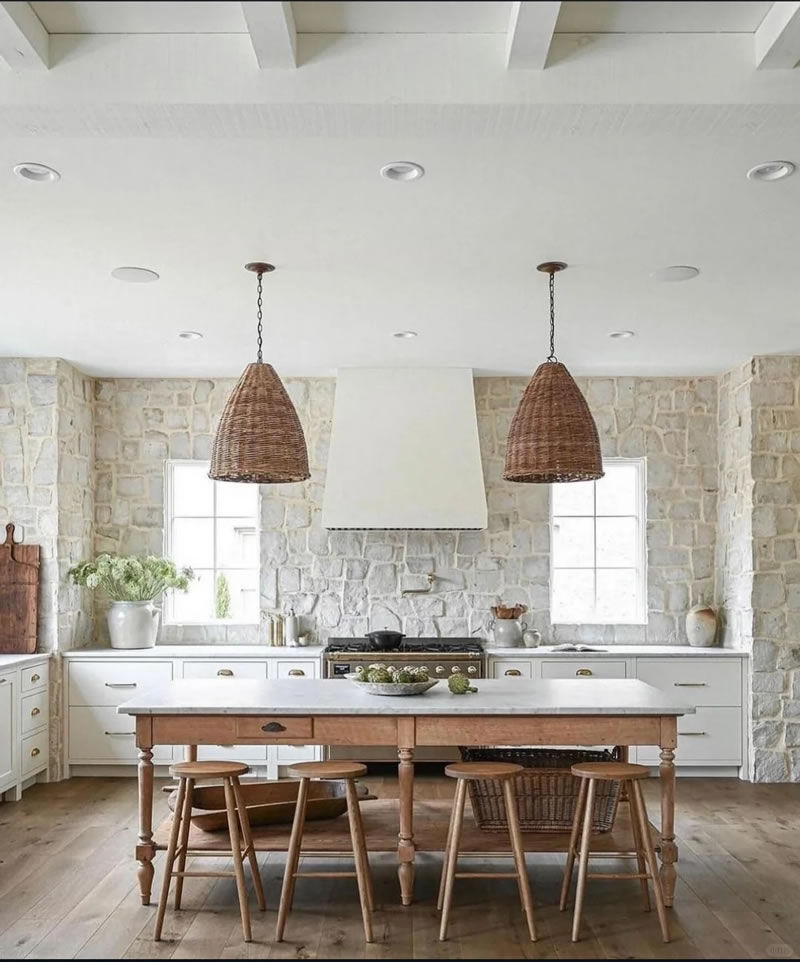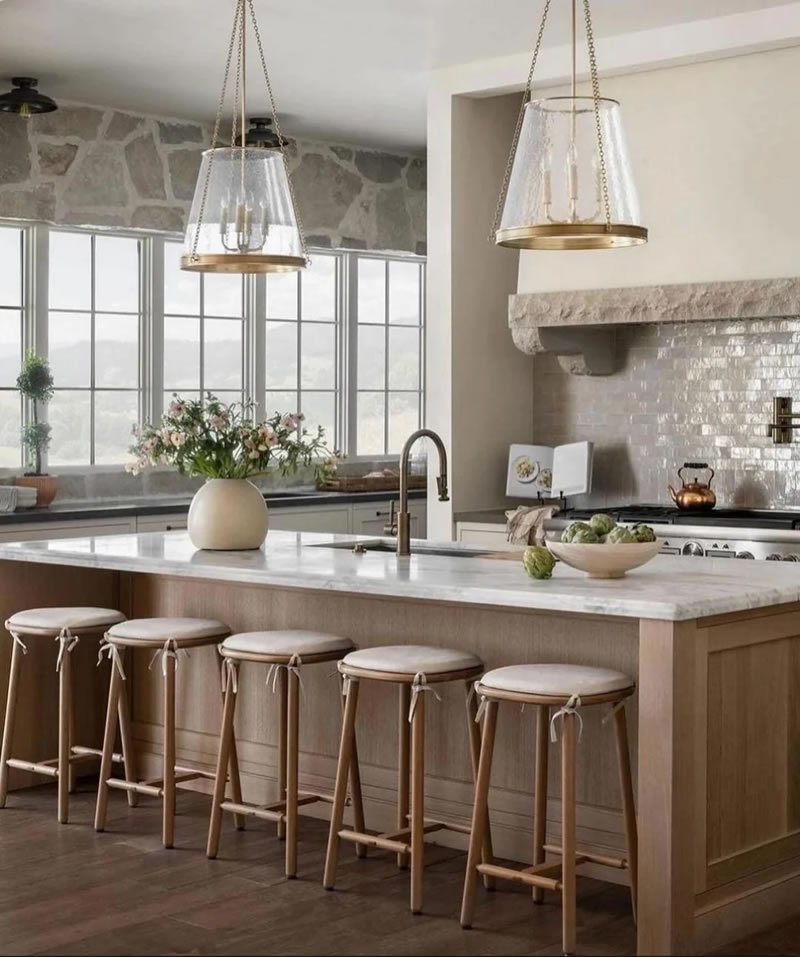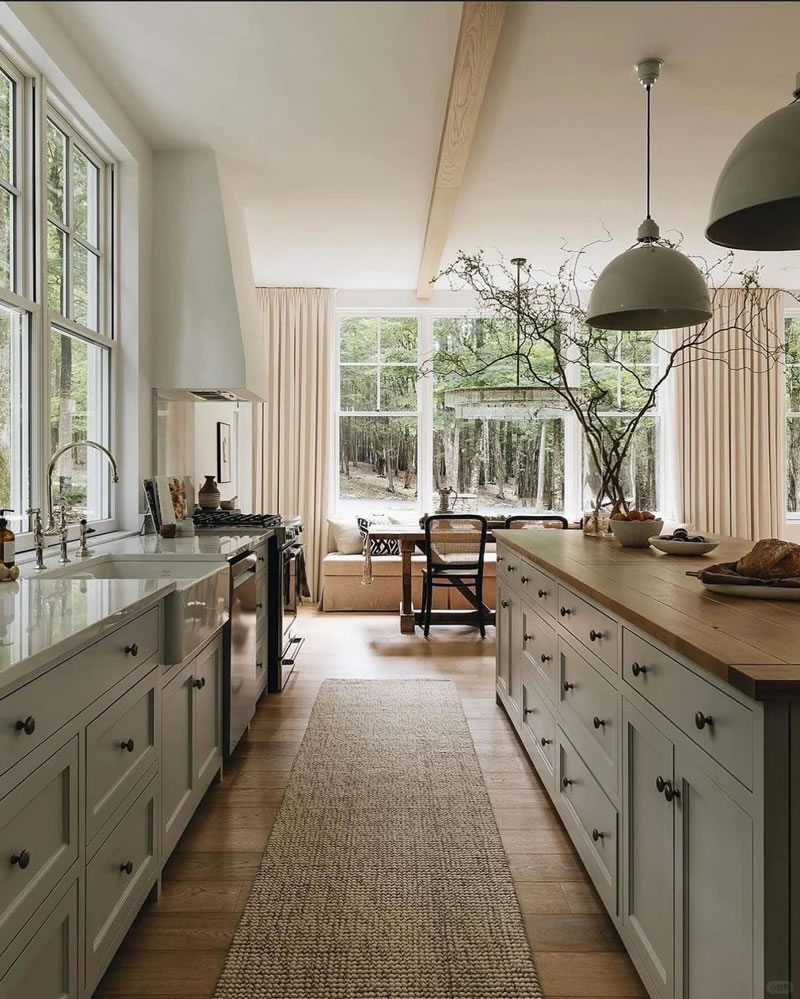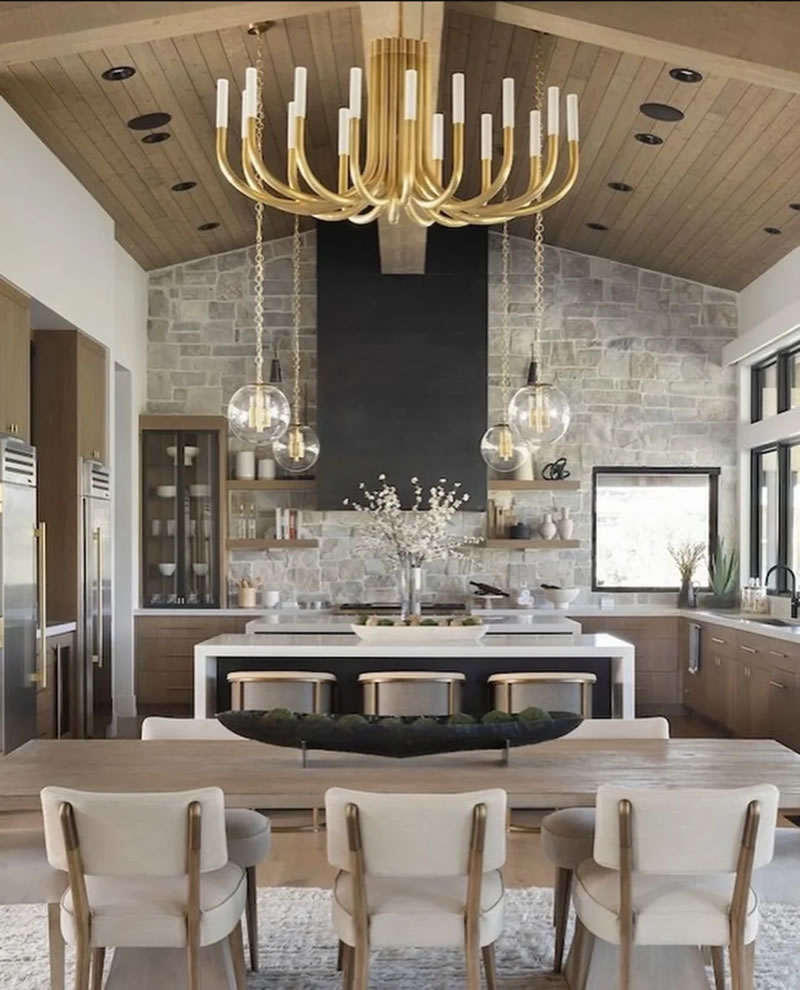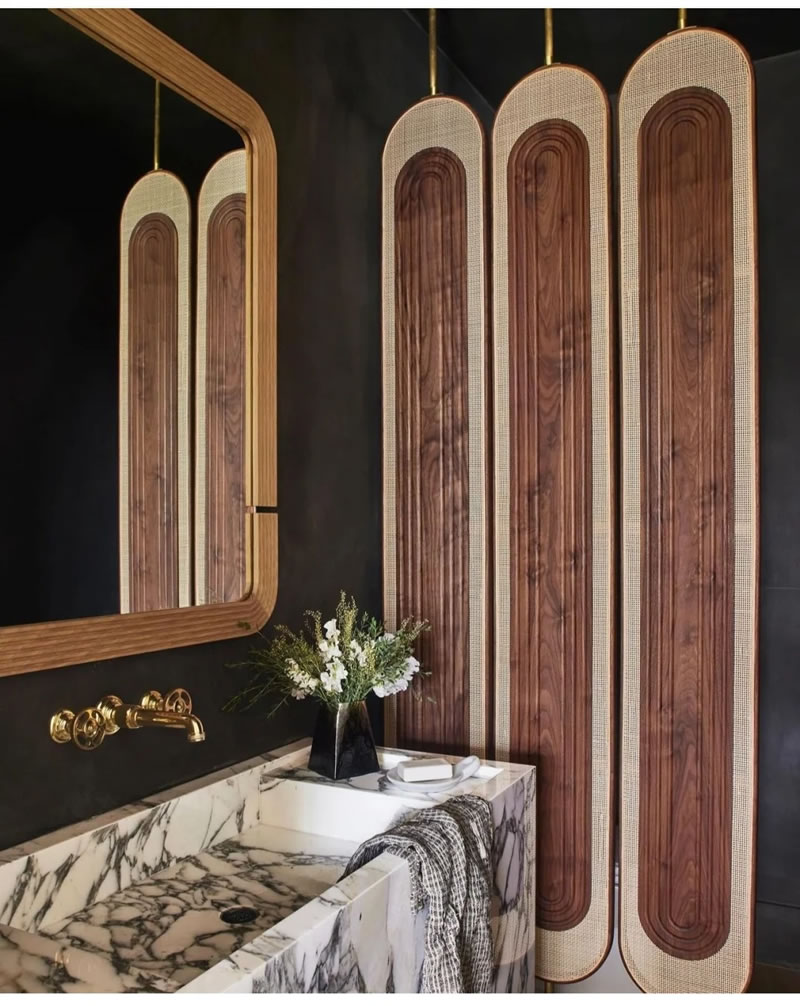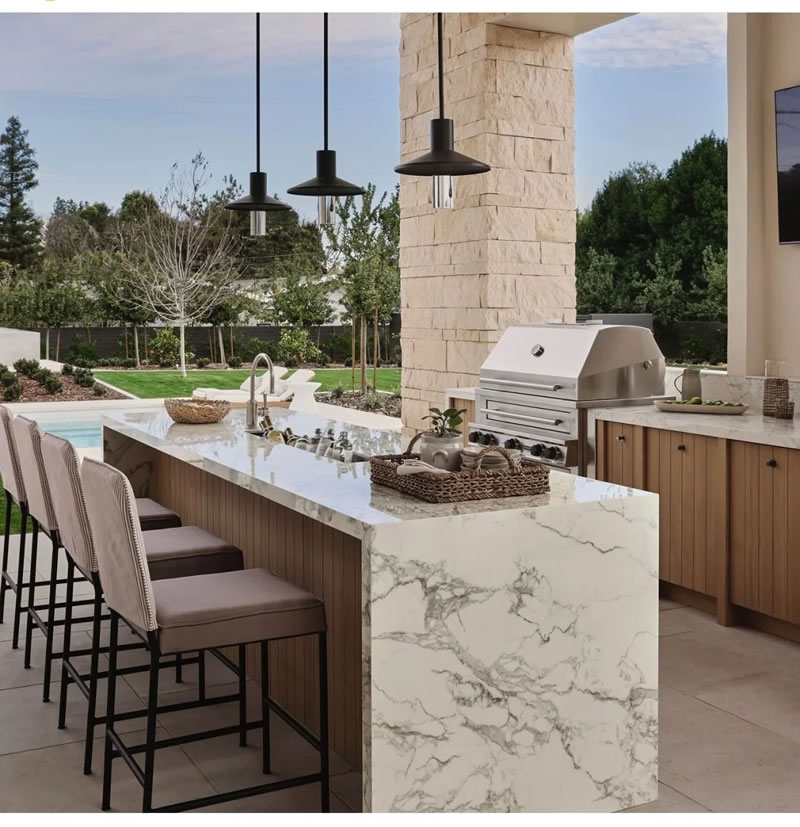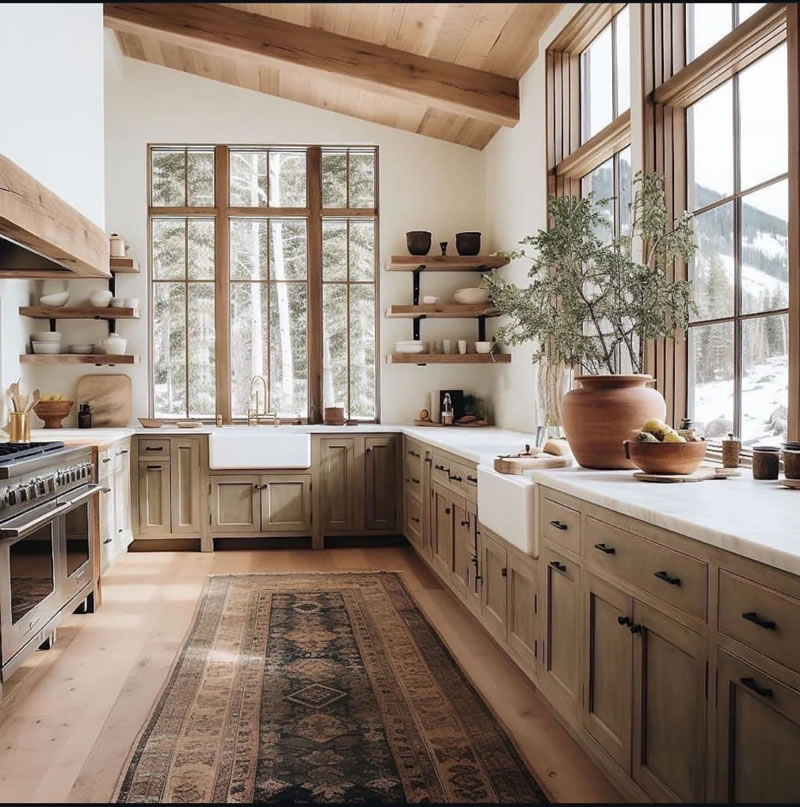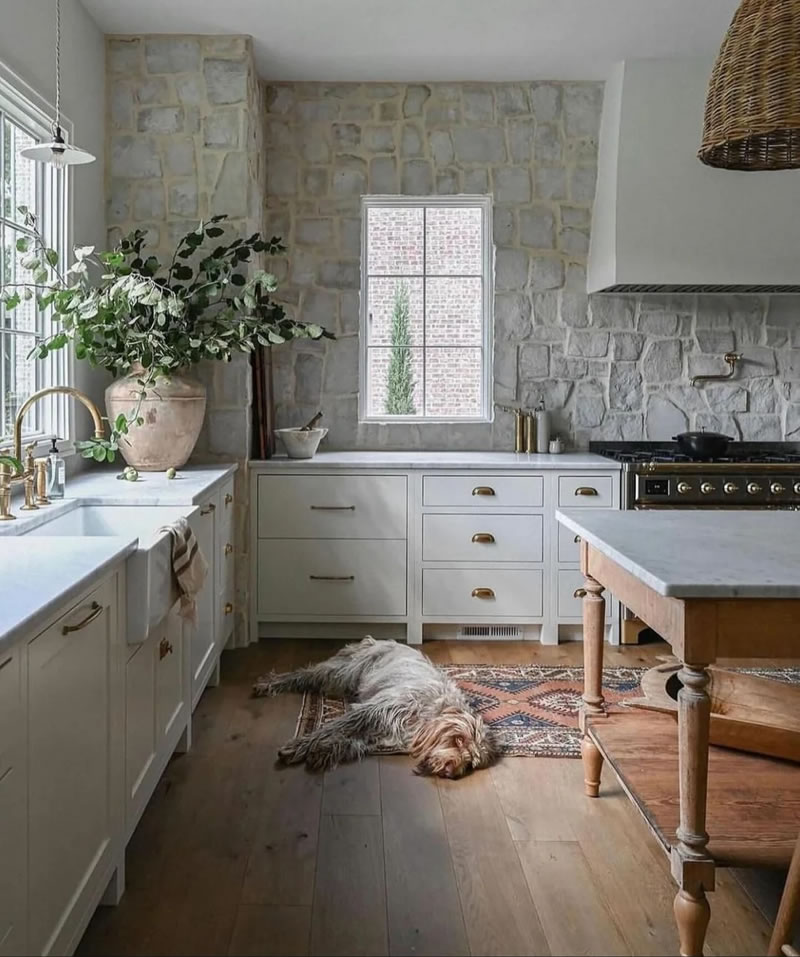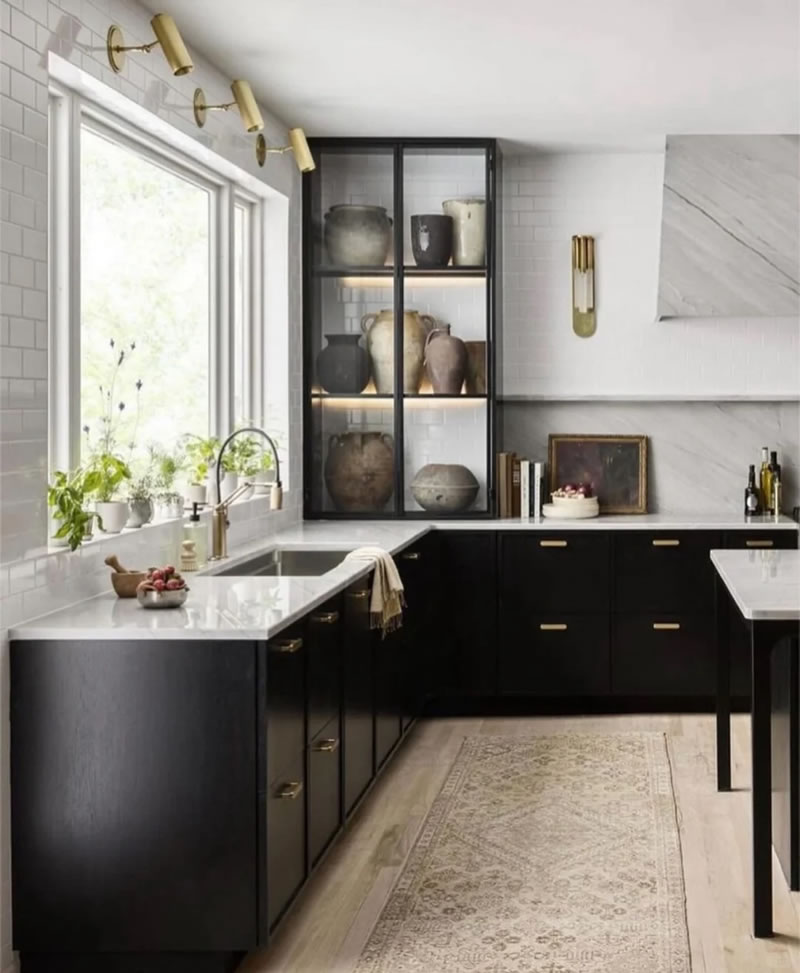The best stone for kitchen countertops depends on your priorities—durability, aesthetics, maintenance, and budget. Here are the top options:
1. Granite
-
Pros: Extremely durable, heat-resistant, unique natural patterns, adds value to homes.
-
Cons: Requires periodic sealing, can be porous if not properly maintained.
-
Best for: Those who want a natural, high-end look with good durability.
2. Quartz (Engineered Stone)
-
Pros: Non-porous (no sealing needed), highly durable, stain-resistant, wide variety of colors/patterns.
-
Cons: Not as heat-resistant as granite, can discolor under direct sunlight over time.
-
Best for: Low-maintenance, modern kitchens with heavy use.
3. Marble
-
Pros: Luxurious, timeless look, naturally cool (great for baking).
-
Cons: Porous (stains easily), requires regular sealing, scratches and etches over time.
-
Best for: High-end kitchens where aesthetics outweigh practicality.
4. Quartzite
-
Pros: Harder than granite, heat-resistant, natural stone look.
-
Cons: Requires sealing, can be pricey.
-
Best for: Those who want marble-like veining with granite-like durability.
5. Soapstone
-
Pros: Heat-resistant, non-porous, develops a natural patina over time.
-
Cons: Soft (scratches easily), darkens with age, limited color options (mostly gray/black).
-
Best for: Rustic or vintage-style kitchens.
6. Porcelain Slab
-
Pros: Highly scratch/stain/heat-resistant, ultra-durable, low maintenance.
-
Cons: Brittle (requires professional installation), limited edge profiles.
-
Best for: Ultra-modern kitchens with heavy use.
Best Overall Choices:
-
Best Luxury Look: Marble or Quartzite
-
Best Durability: Quartz or Granite
-
Best Low-Maintenance: Quartz or Porcelain
-
Best Budget-Friendly: Laminate (not stone) or some granite varieties
